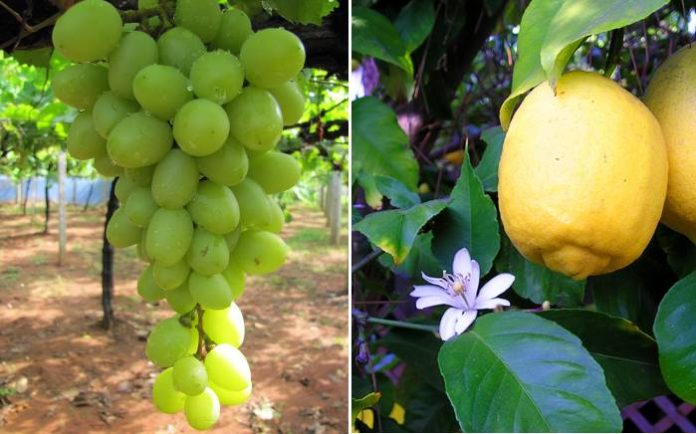Hyposalivation and xerostomia, also known as cannabis dry mouth syndrome or cottonmouth, is a common side effect for some medical marijuana users.
Contrary to popular belief, it’s not just smoking medicinal cannabis that can cause it – other delivery methods such as tinctures are known to still create the effect in some people.
While smoking anything can dry out the mouth, it’s believed the primary cause in the case of cannabis lies in how tetrahydrocannabinol (THC) interacts with the body’s endocannabinoid system, which in turn affects saliva production.
Some people just drink water to combat the dry mouth, others chew gum (particularly products containing xylitol) or suck on hard candy, with varying degrees of relief. In some cases, any relief provided is short-lived if the use of cannabis is continued.
There may soon be a new remedy commercially available that provides a longer lasting solution.
A U.S. patent was recently granted to clinical research dentist Dr. David Hamlin related to a topical treatment to treat the issue.
It appears Dr. Hamlin discovered the use of very low concentrations of grape seed extract and lemon pulp triggers normalised saliva flow in people affected by cannabis cottonmouth.
Initial laboratory studies indicate the preparation activated Muscarinic 3 receptors, which are associated with stimulating normalized saliva flow.
“I am quite proud we demonstrated up to 6 hours of dry mouth relief in the two double blind clinical trials conducted for my proprietary formula, the gold standard for establishing efficacy of new healthcare products,” said Dr. Hamlin, who is now in the process of commercialising his invention. It may be incorporated into a mouth rinse, a toothpaste, a dissolving strip, or a lozenge.
The full text of the patent. “Compositions and methods for alleviating hyposalivation and for providing oral comfort,” can be viewed here.
Cottonmouth can be rather unpleasant, but it can also lead to more serious issues if the condition is chronic; including periodontal disease. This is because saliva is necessary to help flush food and bacteria away from the teeth and gums. Without sufficient levels, plaque can build up and lead to gingivitis.


